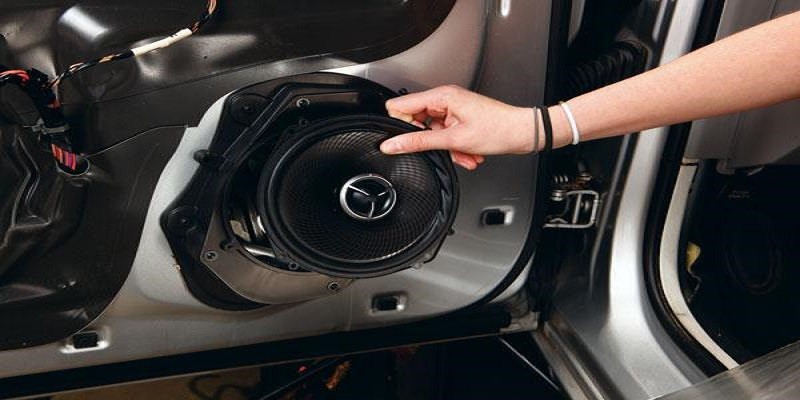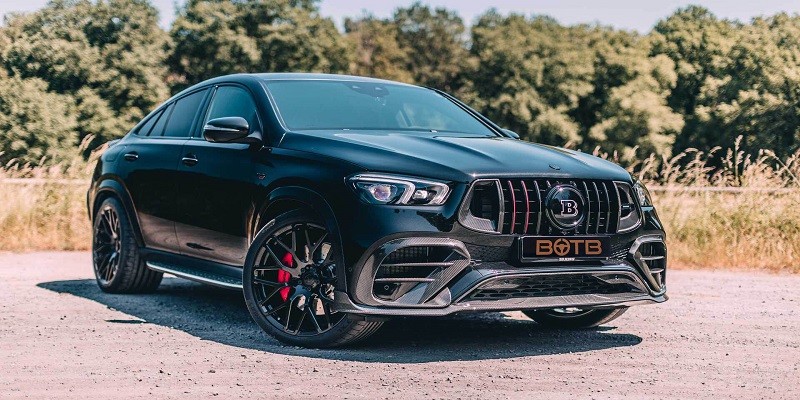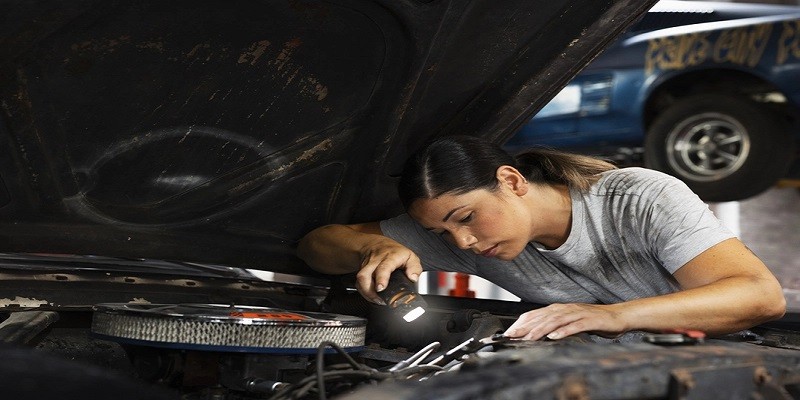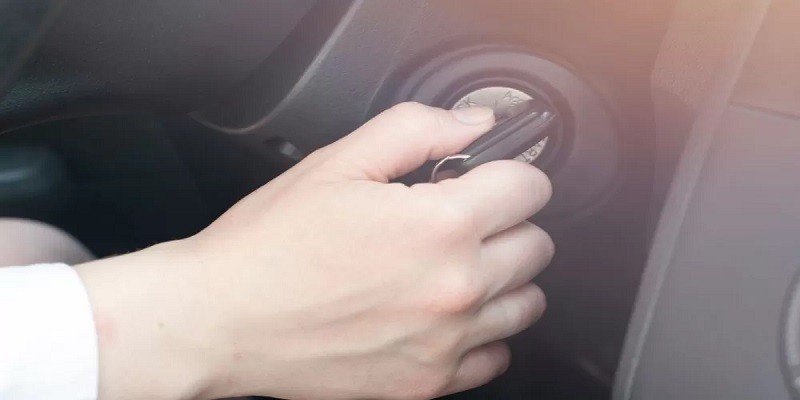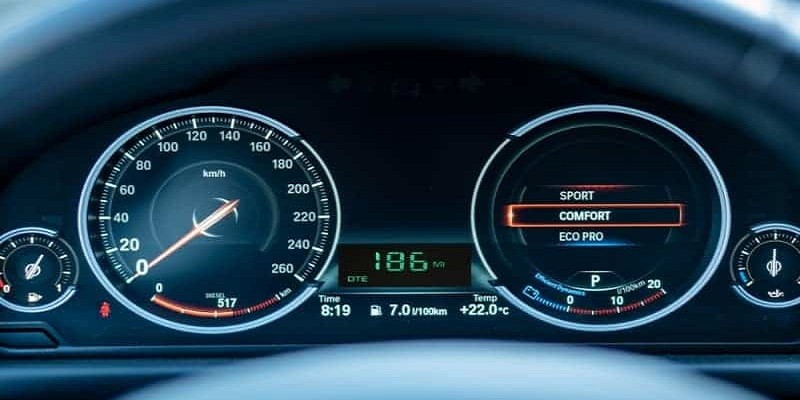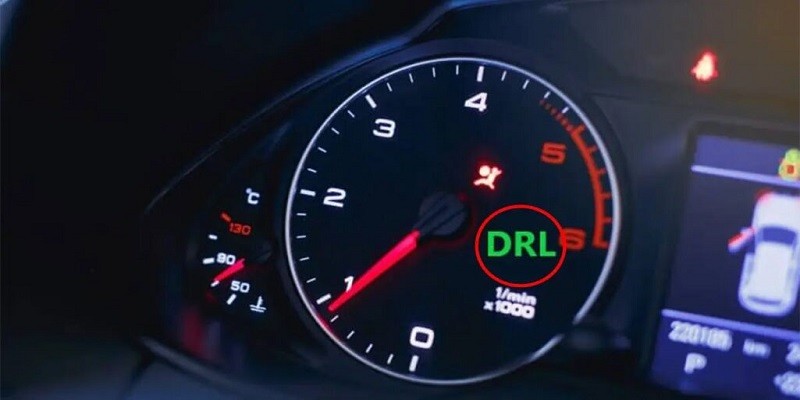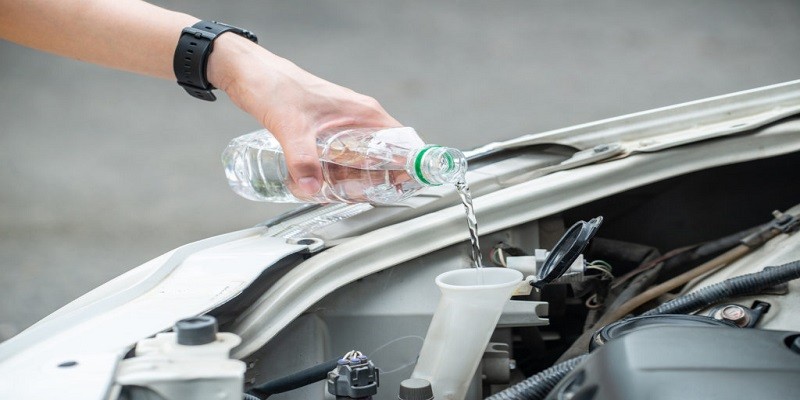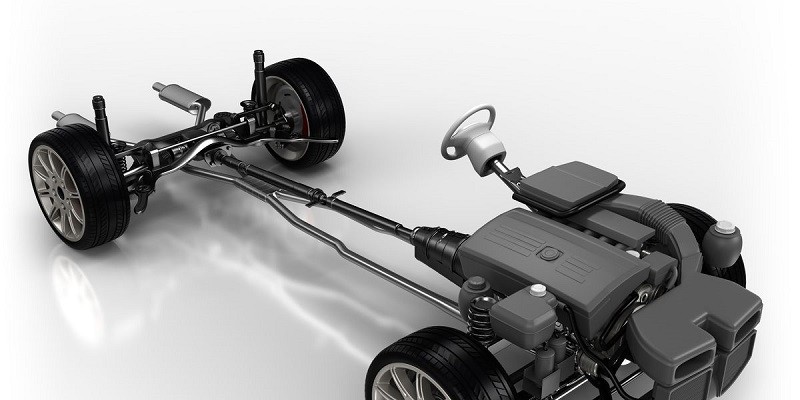Most car speakers range from 3.5 to 6.5 inches in diameter, with larger speakers commonly found in trucks and suvs. Car speaker sizes can vary depending on the make, model, and year of the vehicle.
To determine the size of the speakers in your car, you can consult your car owner’s manual or consult a professional installer. Upgrading your car’s speakers can significantly enhance your audio experience and provide a more enjoyable driving experience. Whether you want to enhance your bass or improve overall sound quality, choosing the right size and type of speakers for your car is essential.
With a bit of research, you can find the perfect speakers to fit your needs and budget.

Credit: www.way.com
Understanding The Basics Of Car Speakers
Car speakers are an essential component of an audio system that can turn your mundane car ride into a memorable and fun one. Understanding the basics of car speakers can help you choose the right speakers that fit your car’s size, budget, and sound preferences.
Why Are Car Speakers Important?
Car speakers are responsible for producing sound from the audio system, adding depth and enjoyment to your music or audio experience. Not only do car speakers produce sound, but they also transmit sound frequencies and create clarity of sound quality.
Good speakers allow the listener to hear the track as it was intended by the artist, giving the driver a more immersive and enjoyable experience.
Brief History Of Car Speakers
The first car speakers were introduced in the 1930s and were small and weak, similar to radio speakers. These early speakers did not provide a good audio experience and were not optimal for listening to music. In the 1950s and 1960s, speaker technology advanced rapidly, and speakers became more prevalent in cars.
Today, cars have advanced audio technology, and sound systems are designed to provide exceptional audio performance. Car audio systems are continually evolving with new technology to give drivers the best possible audio experience.
Different Types Of Car Speakers
Car speakers come in different types, each with its unique sound characteristics. Here are the most common types of car speakers:
- Coaxial speakers: Coaxial speakers, also known as full-range speakers, come with a tweeter and woofer integrated into one unit. They are easy to install and usually the most affordable option.
- Component speakers: Component speakers are separate tweeters, woofers, and crossovers that allow for better sound quality and customization. They require professional installation and are typically more expensive than coaxial speakers.
- Subwoofers: Subwoofers are responsible for producing deep bass sounds. They come in various sizes and are ideal for people who enjoy listening to hip-hop, electronic, and other bass-heavy genres.
Components Of A Car Audio System
Car audio systems consist of several components that work together to produce sound. Here are the various components that make up a car audio system:
- Head unit: The head unit is the heart of the audio system and controls all the functions. It is where you can change the track, adjust the volume, and choose the audio source.
- Amplifiers: Amplifiers are responsible for increasing the power of the audio signals before transmitting them to the speakers.
- Speakers: Speakers come in different types and sizes, and they are responsible for producing sound.
- Subwoofers: Subwoofers are designed to produce low-frequency sounds.
- Crossovers: Crossovers help split the audio signal into different frequencies and send them to the appropriate speaker.
Understanding the basics of car speakers will help you choose the right type of speaker and audio system that fits your needs. Whether you want a basic audio system or a more advanced one, there are options available for every budget.
How To Determine The Size Of Speakers In Your Car
Music lovers understand the significance of having high-quality speakers in their cars. However, determining the size of your car’s speakers can be a tricky task, especially if you are unsure where to start. Fortunately, we’ve put together a comprehensive guide to help you find out what size speakers are in your car.
Common Speaker Sizes
Many cars feature speakers in different sizes. Understanding the common speaker sizes will help you determine what size speakers are in your car. Here are the most common sizes:
- 6.5 inches
- 6×9 inches
- 5.25 inches
- 4 inches
- 5×7 inches
- 6 inches
Measuring Speaker Dimensions
To determine your speaker’s size, you can manually measure its dimensions. Here’s a step-by-step guide:
- Remove the speaker grill
- Measure the diameter of the speaker cone
- Measure the length and width of the speaker’s housing
Checking Your Car Manual For Speaker Information
Another way to determine what size speakers are in your car is by reading the car manual. The speaker’s dimensions are often listed in the manual, making it easy to identify the size of your car’s speakers.
Online Resources For Determining Your Speaker Size
You can also determine what size speakers are in your car by using online resources. Here are some websites that can help:
- Crutchfield
- Sonic electronix
- Metra electronics
By following these tips, you should be able to determine what size speakers are in your car effortlessly, enabling you to upgrade your car’s audio system and enhance your listening experience.
Upgrading Your Car Speakers: Things To Consider
Are you tired of the poor sound quality your car’s speakers produce? Upgrading your car’s sound system is an excellent way to enjoy music while on the road. However, before you purchase new speakers, several factors must be considered. Here are four things to think about before you upgrade your car speakers.
What To Look For When Purchasing New Speakers
Not all speakers are created equal, which is why it’s critical to do your research before buying a new set. Here are some essential factors to consider when purchasing new car speakers:
- Speaker type (full-range, component, or coaxial)
- Speaker size (6.5-inch, 6×9-inch, or other sizes)
- Sensitivity (measured in decibels (db))
- Power-handling capacity (measured in watts)
Importance Of Matching Speaker Power To Your Car’S Sound System
How much power your speakers can handle will play a crucial role in how good they sound in your car. If the speakers can’t handle the power from your stereo, they will distort the sound when you turn up the volume.
Alternatively, if you connect more powerful speakers to a low-power system, you won’t be able to realize their full potential. Therefore, it’s crucial to match your speaker’s power capacity to your car’s sound system for optimal sound quality.
Installation Options: Diy Or Professional
The installation process for car speakers can vary depending on the make and model of your vehicle. Installing new speakers can be straightforward, while others may require expertise. Some people install their car speakers themselves, while others prefer to have a professional do it.
If you’re confident in your diy skills, you can install them yourself. However, if you’re uncertain or don’t have the necessary tools, hiring a professional can save you time and ensure the speakers are correctly installed.
Common Mistakes To Avoid When Upgrading Your Car Speakers
Upgrading your car’s sound system can be an exciting experience. However, there are some common mistakes that people make when purchasing or installing new speakers. Here are some mistakes to avoid:
- Buying unsuitable speakers for your car
- Not matching the power capacity of your speakers to your car’s sound system
- Poorly installing speakers
- Overlooking the importance of soundproofing to improve sound quality
Upgrading your car speakers can significantly improve your listening experience while driving. However, before purchasing a new set, consider factors such as speaker type, size, sensitivity, and power-handling capacity. Ensuring that the speakers’ power matches your car’s sound system, and deciding whether to install them yourself or hire a professional is also crucial.
By avoiding common mistakes, you’ll enjoy excellent sound quality from your car’s new speakers.
Frequently Asked Questions On What Size Speakers Are In My Car?
What Size Speakers Are In My Car?
Most vehicles have 6. 5-inch speakers in the front and back, but larger or smaller sizes may fit too.
How Do I Know What Size Speakers My Car Has?
You can check your vehicle owner’s manual or look up your car’s specifications online to determine the speaker size.
Can I Replace My Car’S Speakers With Any Size I Want?
No, you should install speakers that match the size specifications listed in your vehicle owner’s manual or online.
Will Installing Larger Speakers Improve My Car’S Sound Quality?
Not necessarily. You should choose speakers that are right for your car’s audio system and cabin size.
How Do I Choose The Right Speakers For My Car?
Consider your budget, audio preferences, car size, and existing audio system when selecting new speakers for your vehicle.
Conclusion
After reading this blog post, you should have a better understanding of what size speakers are in your car. Remember that the speaker size can have a huge impact on your listening experience, and upgrading your speakers can really enhance the overall sound quality in your car.
It’s important to make sure you know what size speakers your car can accommodate before making any purchases, and you can refer to your car’s manual or consult a professional if you’re not sure. Additionally, keep in mind that there are many factors beyond just speaker size that can affect the sound quality in your car, such as the quality of your audio files and the acoustics of your car’s interior.
By staying informed and making smart choices, you can enjoy your music on the go like never before.

